Dr. Google
This fabulous piece from Burden of Proof on the Vox is ultra tech. Julia Belluz & Stephen Hoffman offer us the best of the health internet. But is that really what we need?
5 Quotes to get you oriented:
1. At least 75 randomized control trials are published everyday and that number continually increases.
2. Not only are we confused; even the best scientists can't stay on top of it all.
3. We are drowning in bytes of data we don't know how to make sense of.
4. [Systematized reviews] allow doctors to make decisions not just on the basis of whatever random research they come across, but on the totality of science about whatever medical questions they have.
5. The sheer quantity of new health science - means that we that we have to change the way we make decisions.
So, to help the public (& doctors) help themselves, the writers have compiled a fantastic collection of resources. They suggest to stop throwing our health questions out to the unbiased ether, and send them into specific collections of data, their recommended ones listed below:
And I'll add one of my favourite places to play: the interactive guide on Snake Oil Supplements.
Databases of Systematic Reviews:
- Cochrane Database of Systematic Reviews
- Database of Abstracts of Reviews of Effects
- Evidence Updates
- Health Evidence
- Health Systems Evidence
- Campbell Collaboration Library of Systematic Reviews
- PubMed Health
Also: Evidence Based Medicine AND The Cochrane Database were founded by Canadians. Why are Canadians the pioneers of providing unbiased information to people rather than chasing and selling miracle cures? Clue: It is a socialist, public welfare oriented system. Canada is awesome.
Yes, we can do better than Gr. Google.
But evidence, data and quick fixes aside. Is any of this helping us become happier, healthier humans?
Let's say Change Doctors have a different philosophy.
What Change is all about, is relationship.
Data are the cookies and tea and primary care medicine is the connection.
Certainly we need our refreshments to be fresh and poison-free, but teatime can only happen if we have a caring connection. Because data [is] not the doctor. Tea & Cookies are not the bond. They are what we come together over.
Reading medical textbooks and interpreting research isn't being a doctor. When individuals do a tonne of science research on their own and apply it to their lives, that isn't medicine.
The more information we have, the more soapboxes we have to stand on.
Medicine is an art of working with the person in front of you, and some times that means drugs and sometimes that means mind-body techniques and sometimes that means simply holding someone's hand while they struggle through something we can't fix.
It is ideal to work in partnership with a doctor. Often, a visit to the doctor is not really about finding "the truth", it is about having a caring human who can piece together the puzzle and then teach you about your health. Then you both make a decision that makes sense with the information you have. It is compassionate critical thinking.
If we set up our medical clinics and physicians to be digging up the truth instead of caring for us, we are inevitably crumbling the system (and people within) under unrealistic expectations.
This rips the vocation of caring away from doctors who genuinely wanted to be your advocates, but are now hung out to dry. One human mind will never be sufficient enough for nor comparable to internet databases. We are mixing a recipe for disaster - we are not building a friendly neighbourhood.
Spoiler: There is no ultimate truth. We will never find the right answer. But we will do our best. Your doctor will inevitably be on point sometimes, and terribly misinformed at other times. But if you know your doctor well and you work together, you will feel supported and at peace with your current solution.
Yes, "We have to change the way we make decisions" but more importantly, we have to change the way we interact with healthcare.
Change offers that. Relationship based care.

